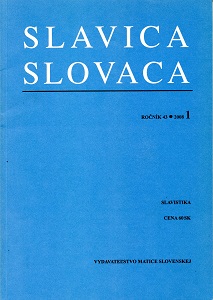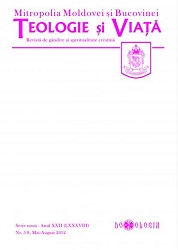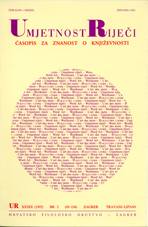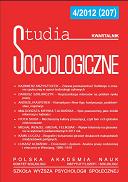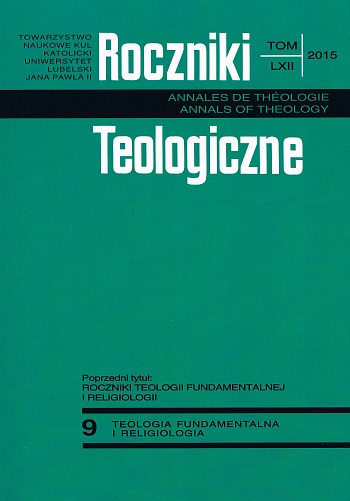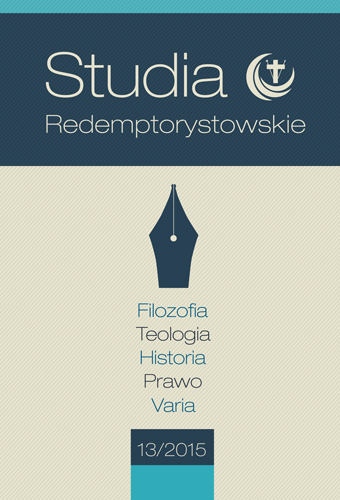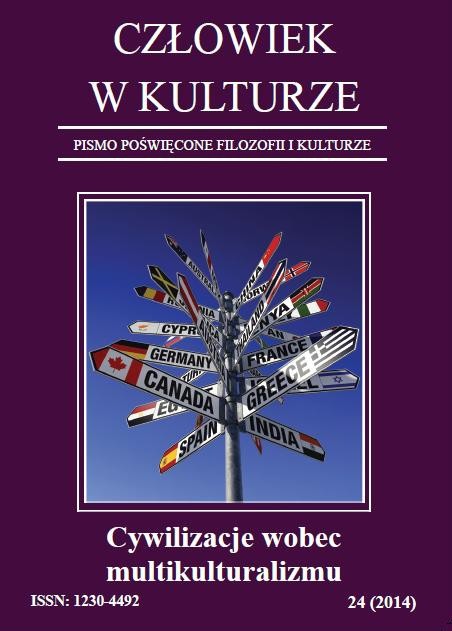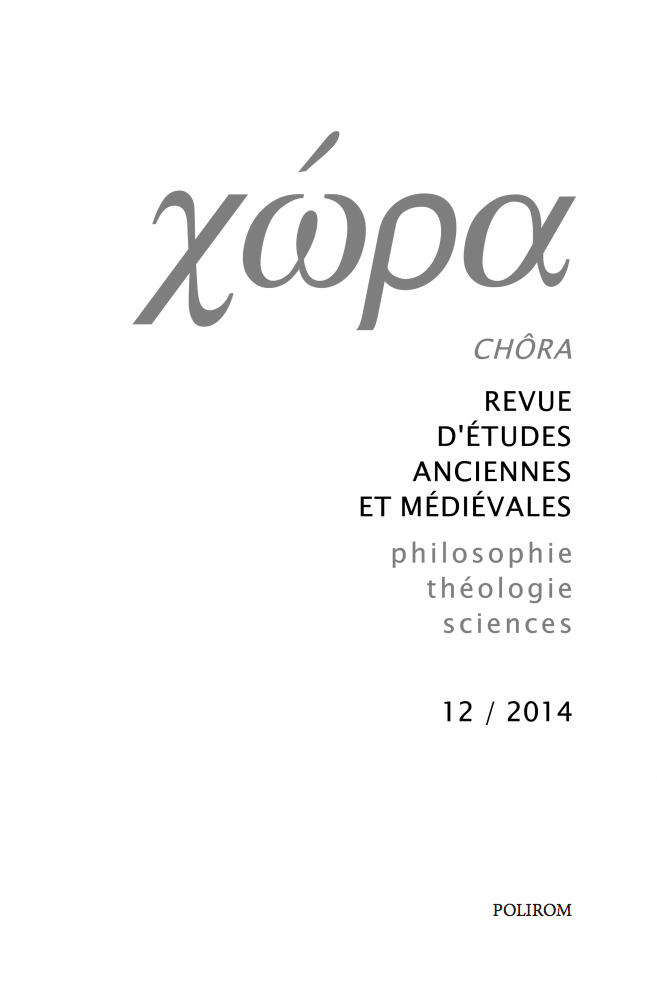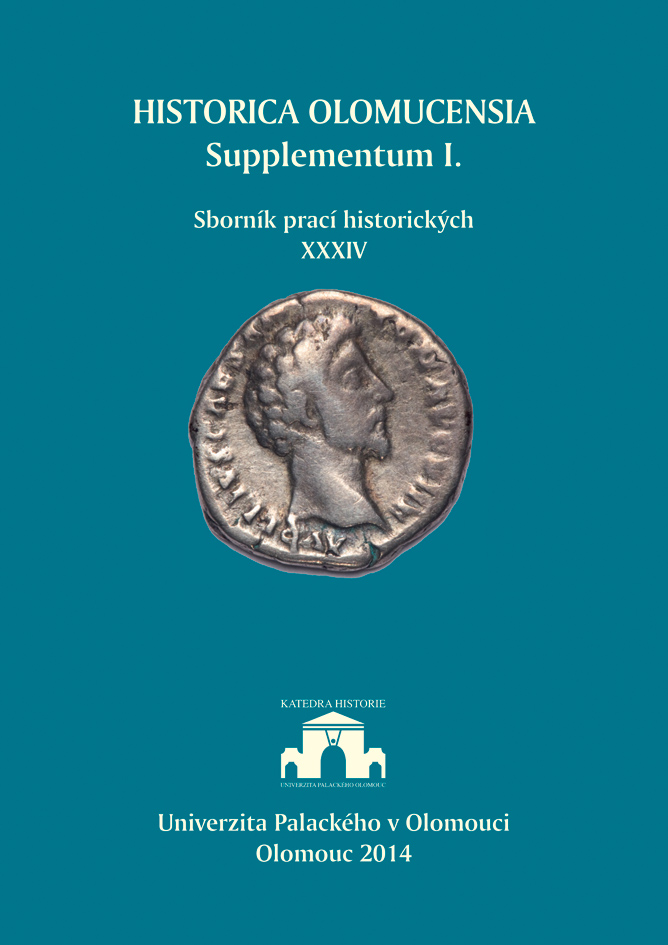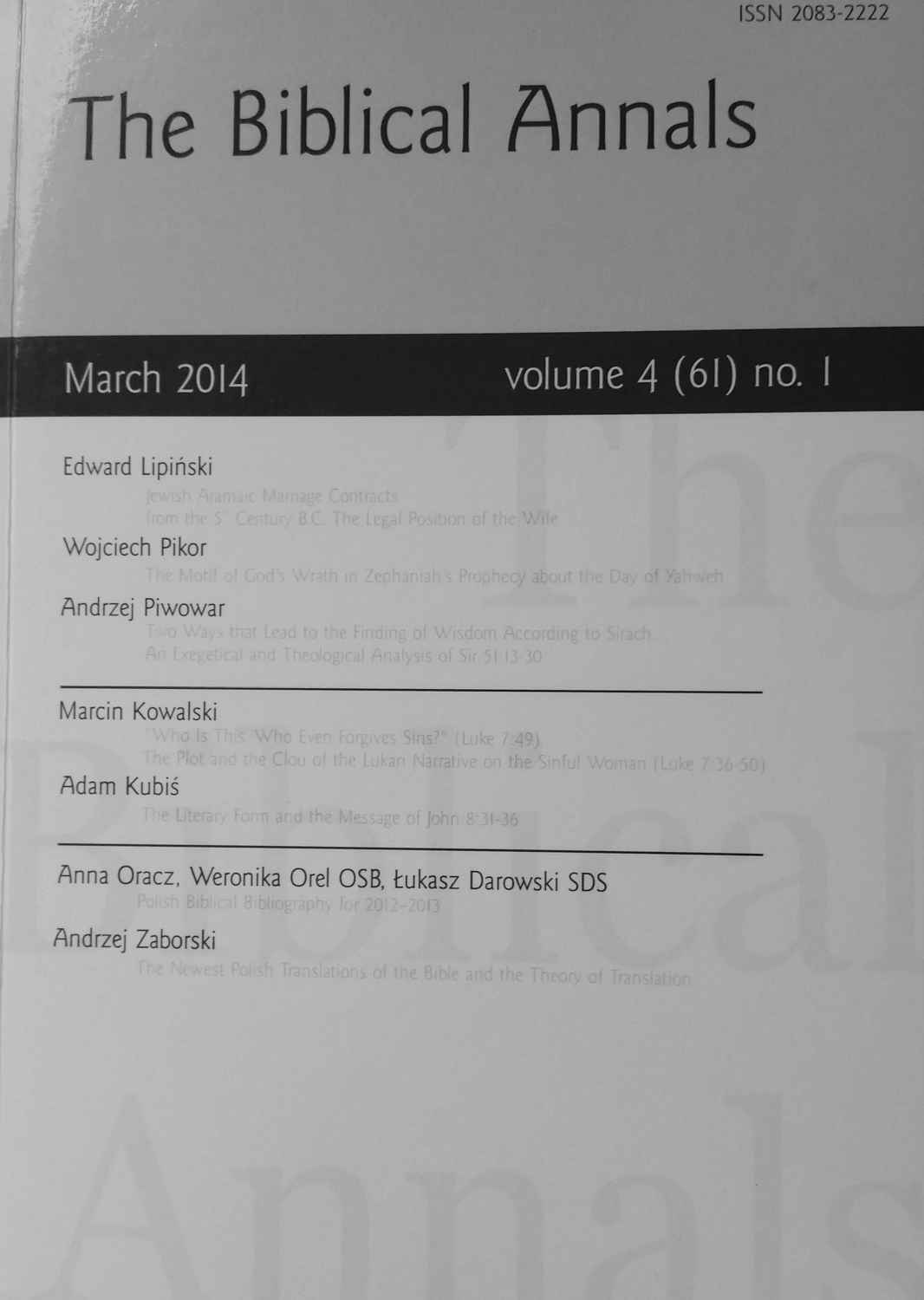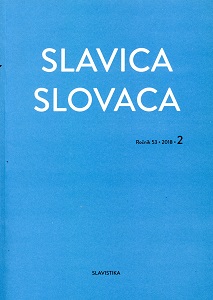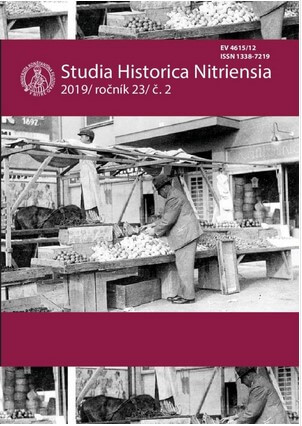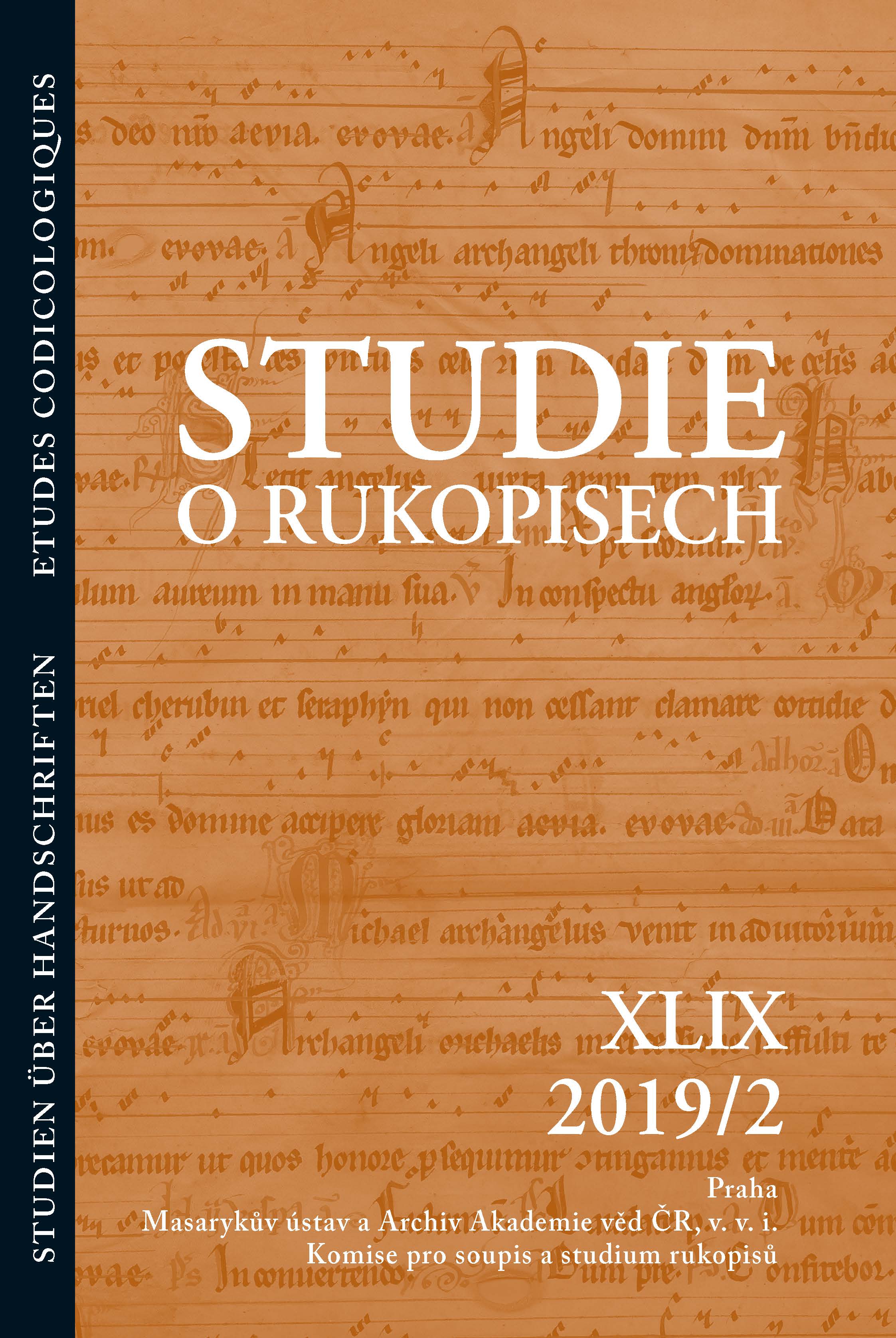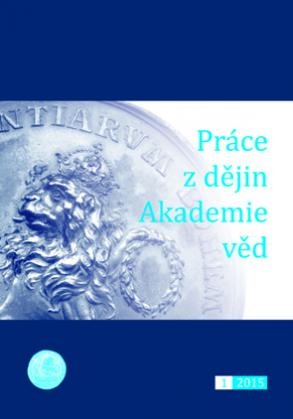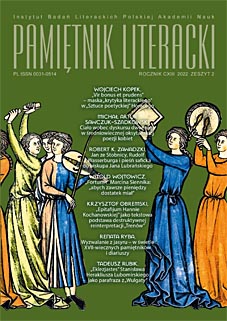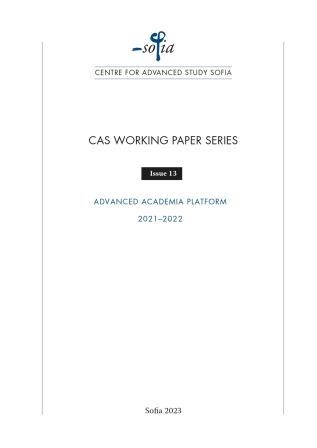Amerika i Rim – ima li osnova za analogiju?
Author(s): Predrag Vukasović / Language(s): Serbian
/ Issue: 1/2008
Keywords: USA; Rome; cultural background; government; foreign policy;
It is one of the common places of the current anti-American thinking that the American imperialism can be compared with the Roman policy in Mediterranean basin in the period of Roman Republic’s territorial expansion. In the other hand, the champions and adherents of America’s leadership in the contemporary world like to draw an analogy between the civilizing influence of Rome in Antiquity and that of America today. The purpose of this article is to explore what is the historical foundation of the said analogy. The proposed research must necessarily be not only incomplete, but fragmentary: a comprehensive answer needs decades of meticulous studies. Author consciously limits his ambition only to the most important, outstanding and conspicuous traits of the explored analogy. He also try to take into account both similarities and differences between two historical phenomena divided by two millennia of uninterrupted historical experience. The oversight of differences leads us to fatalistic conviction that the human history is “the eternal return of the same”; the denial of sim01ilarities would destroy the possibility of understanding the past and its relevance for future generations. There are three possible fields of comparison between USA and Roman Republic: - their respective cultural backgrounds, the content and extent of the links tying the Roman and American cultures with the older and stronger cultures that created them, the Greek and Western European cultures respectively; - the constitutional forms of USA and Roman Republic and possible Roman influences on the American constitution-makers, and - The foreign policy of USA and Roman Republic and the role played by them in their respective worlds. The origins of distinct American civilization can be compared with the progressive development of the Ancient Rome. In both cases, the material, economic, political and military supremacy of USA and Rome owes much to the achievements of an older and spiritually stronger culture. But the direction into which the American and Roman cultures have moved is quite different: while Rome had been undergone ever increasing Hellenization, the rift that culturally separate America and West Europe becomes wider with years. Besides, the original position of two cultures are not identical: American culture had begun its development in the colonial era as an integral part of the early modern European culture, but Rome was a distinct, non-Hellenic, even “barbaric” culture in the first centuries of her history However, the considerable similarity in the respective cultural positions of Rome and America must not be overseen. Both peoples have an ambiguous attitude towards their teachers: they simultaneously despise their political and military ineffectiveness and admire their arts or use their sciences. The constitutional forms of USA are very far from the Roman Republic’s institutions. First of all, USA is a federation; Roman Republic was, despite a considerable degree of municipal autonomy, a unitary state. All American political and legal traditions are founded on the Anglo-Saxon legacy, very diferent from the legal reasoning rooted at the concepts and standards of Roman law, common to the European countries except Britain. If there are some traces of Roman influences in the USA Constitution, they must be attributed to the gen eral intellectual atmosphere of 18th century, to the period of Classicism in art and literature, as well as to the rationalist re-evaluation of the Classical Antiquity’s political heritage. When the founding fathers had written American Constitution, Roman Republic was the only example of a republican government transcending the city-stste’s framework. It is rather Polypus’ interpretation of the Roman Constitution’s mixed nature balancing the advantages and shortcomings of a monarchy, aristocracy and democracy, than the real, historical and empirical form of Roman government, which had inspired the American state-makers. Roman political and legal ideas were leaving a deeper and more permanent imprint on the subsequent French Revolution and Napoleon’s Code civil. Finally, the foreign policies have given the most fruitful, perhaps the only real basis for drawing the analogy between USA and Roman Republic. In order to make this analogy possible, the author has previously tried to define the “world” in which Rome had played the role comparable with that of USA in the shrinking and the globalized world of today; He finds that the respective processes of Mediterranean’s Hellenization and Romanization have fundamentally analogous causes and consequences with that of contemporary globalization. Rome, it is true, didn’t have an isolationist phase in her foreign policy; the Republic’s; noninvolvement in the main currents of Mediterranean international politics was not the result of her deliberate determination to remain untouched by conflicts devastating the surrounding countries, feature that characterized the USA foreign policy from Washington’s Farewell Address to the Spanish-American War in 1898. The era of World Wars have found is incomplete Roman counterpart in the First and Second Punic wars, although no Punic War had relative dimensions (in respect to the extent of Ancient Mediterranean) that can be compared with the Second World War. But American global involvement in the post-1945 world has an undeniable Roman parallel in Republic’s conquests after Second Punic War. The author traces these parallels both in its political and economic causes and in its ideological justifications.
More...

